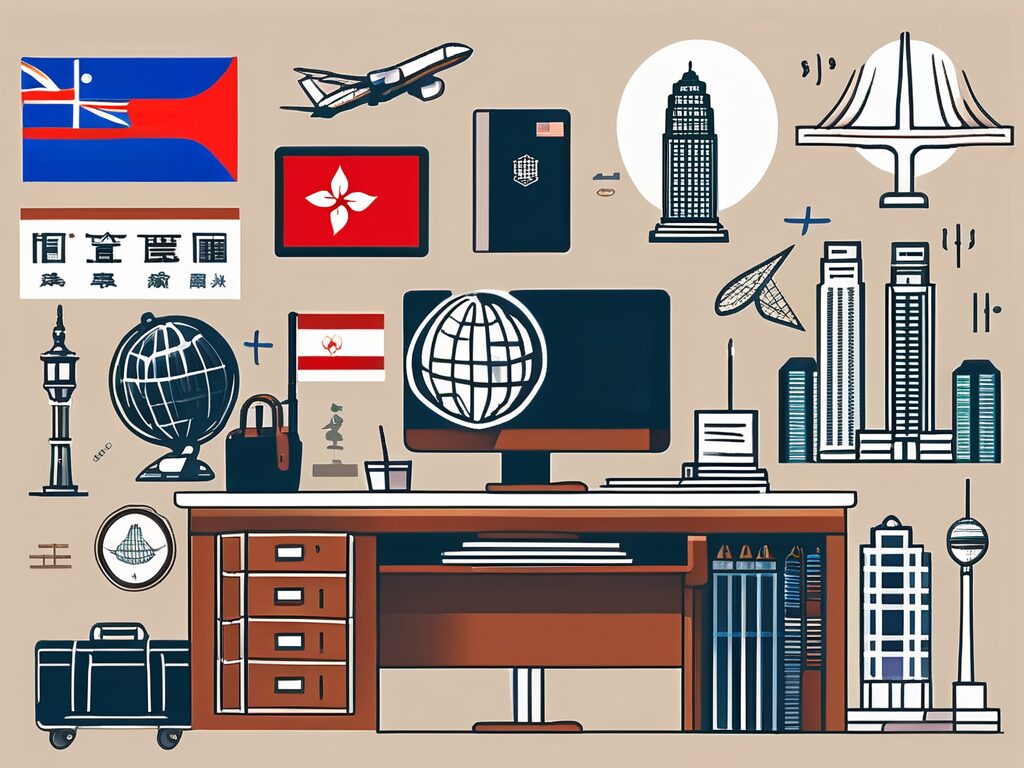Do English People Need a Visa for Cambodia?
For aspiring international teachers, understanding visa requirements is crucial when planning to work abroad. If you’re considering teaching in Cambodia, you might wonder, “Do English people need a visa for Cambodia?” This article will guide you through the visa process, its importance for international educators, and how to prepare for a successful teaching career in Cambodia.
Table of Contents
- Why is it Important for Aspiring International Teachers?
- Key Skills or Qualifications Required
- Steps to Get Started
- Challenges and How to Overcome Them
- Best Practices and Tips for Success
- Conclusion
Why is it Important for Aspiring International Teachers?
Understanding visa requirements is essential for aspiring international teachers. Cambodia offers a growing job market for educators, with an increasing demand for English teachers. Navigating the visa process ensures compliance with local laws and facilitates a smooth transition into your teaching role. Moreover, having the correct visa can enhance job security and open doors to more opportunities.
Key Skills or Qualifications Required
To teach in Cambodia, English teachers typically need a bachelor’s degree and a TEFL/TESOL certification. These qualifications demonstrate your ability to teach English as a foreign language and are often required by schools. Additionally, having experience in teaching or working with children can be advantageous.
Steps to Get Started
- Research the visa requirements for English citizens traveling to Cambodia.
- Obtain a TEFL/TESOL certification to enhance your teaching credentials.
- Apply for teaching positions in Cambodia and secure a job offer.
- Apply for the appropriate visa, such as the E-class (ordinary) visa, which can be extended for long-term stays.
- Prepare for your move by learning about Cambodian culture and education systems.
Challenges and How to Overcome Them
One of the main challenges is understanding the visa application process and ensuring all documentation is correct. To overcome this, consult with the Cambodian embassy or a visa service for guidance. Additionally, adapting to a new culture and education system can be challenging. Engage with local communities and fellow educators to ease this transition.
Best Practices and Tips for Success
- Stay informed about changes in visa regulations and requirements.
- Network with other international teachers in Cambodia for support and advice.
- Embrace cultural differences and integrate them into your teaching methods.
- Continuously develop your teaching skills through workshops and courses.
Conclusion
Understanding the visa requirements for Cambodia is a crucial step for English citizens aspiring to teach abroad. By obtaining the necessary qualifications and preparing for cultural adjustments, you can embark on a rewarding teaching career in Cambodia. This pathway not only enhances your professional growth but also enriches your personal experiences.
Want to become a teacher in a Tier 1 international school? Join the course here.

